Nature reports
Category: Plants
Page 4 of 10 - 96 Results
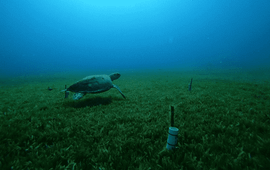
A new study from the Caribbean Netherlands Science Institute and Utrecht University investigated the sediment stabilizing ability of non-native seagrass species - Halophila stipulacea - found off the coast of St. Eustatius. This..
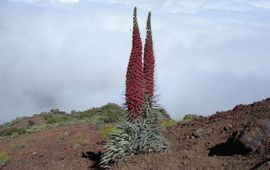
Why do some plants grow into large woody shrubs or colossal trees, while others remain small and never produce wood in their stems? It’s an evolutionary puzzle that already baffled Charles Darwin more than 160 year ago. Now,..
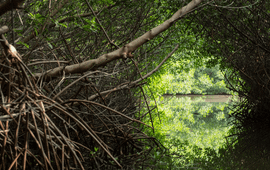
The mangrove forest of Lac Bay, Bonaire, is experiencing a die-off of trees in its northern area. Increasing the tidal exchange by creek restoration likely enlarges the living conditions of the mangrove trees. A collaboration..
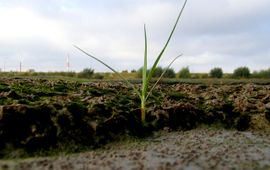
Summers are getting hotter on average, showers are becoming more intense, and sea levels are rising ever so slightly. “But it's not just the changing averages that determine whether an organism can settle somewhere or not. It's..
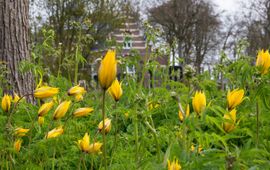
The Netherlands is known for its beautiful and colourful tulips. Though most tulips originate from the Ottoman empire, Tulipa sylvestris, the wild tulip, followed a different path. Anastasia Stefanaki and Tinde van Andel, both..
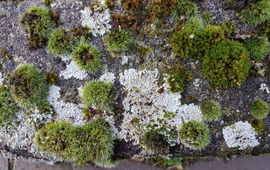
Which 'hidden' organisms live in the city? How can we use these organisms to help trees grow better, make concrete more plant-friendly and measure heat stress? Will city dwellers act more environmentally conscious if they let..
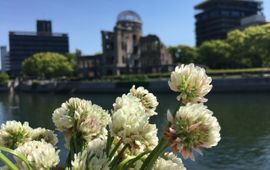
A global biological study has provided the most direct evidence to date that humans, and specifically cities, are the drivers of evolutionary change on earth. Leiden University, the municipality of Leiden and Naturalis..
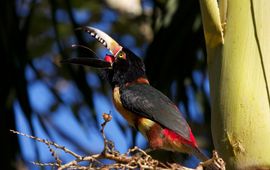
In areas of the globe where fruit-eating birds have wider beaks, palm trees bear larger fruits, a new study shows. This provides new insights into tropical biodiversity and clues for solving species conservation, forest..
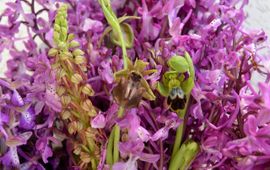
Orchids are legally protected, but these plants are still widely traded illegally. A new online search engine from Naturalis shows how and where wild terrestrial orchids and their products are sold around the world. Online trading..
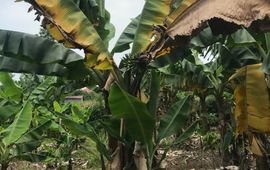
Fusarium oxysporum f. sp. cubense (FOC) is a fungus found across the world, and various of its races are hitting the banana industry hard. This has major consequences in Vietnam, in particular, where the new FOC-TR4 race is taking..
